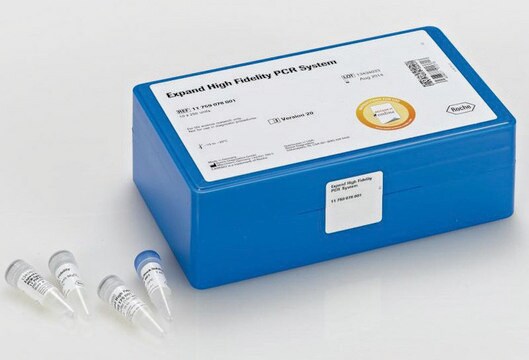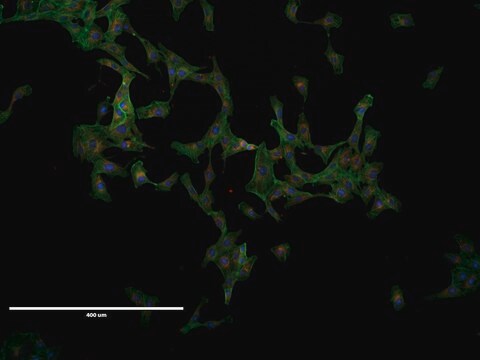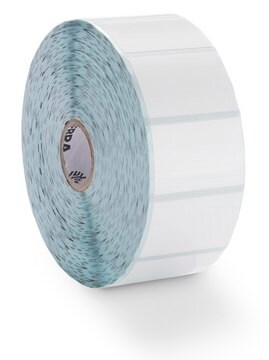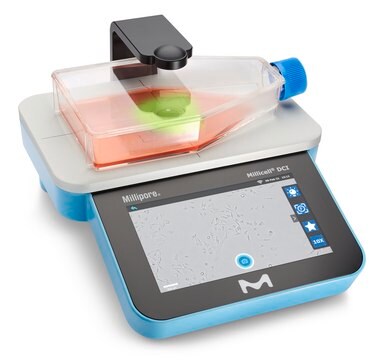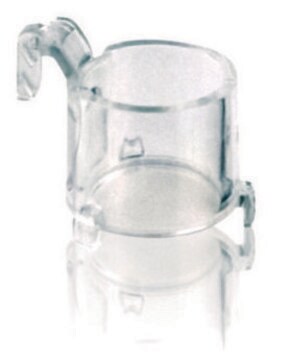All Photos(1)
About This Item
UNSPSC Code:
41106514
biological source:
insect larvae
growth mode:
Adherent
karyotype:
Diploid
morphology:
Not specified
products:
Not specified
receptors:
Not specified
Recommended Products
Product Name
Clone C6/36, 89051705
biological source
insect larvae
growth mode
Adherent
karyotype
Diploid
morphology
Not specified
products
Not specified
receptors
Not specified
technique(s)
cell culture | mammalian: suitable
shipped in
dry ice
storage temp.
−196°C
Cell Line Origin
Mosquito larvae, Aedes albopictus
Cell Line Description
Derived from Aedes albopictus cells. Useful for propagation of Dengue virus and flaviviruses. Cells are non-anchorage dependant, not tumourigenic and maintain a diploid chromosome number.
Application
Clone C6/36 has been used to screen anti-Wolbachia compounds. It has also been used to study the effects of tick-borne encephalitis virus (TBEV) vaccine.
Culture Medium
EMEM (EBSS) + 2mM Glutamine + 1% Non Essential Amino Acids (NEAA) + 10% Foetal Bovine Serum (FBS) (Sodium Bicarbonate (NaHCO3) level of 1.1g/l is recommended).
Subculture Routine
Split sub-confluent cultures (70-80%) 1:4 to 1:10 i.e. seeding at 5000 - 30000 cells/cm2 . Cells are dislodged by mechanical agitation; 5% CO2; 28°C. Freeze in 10% glycerol.
Other Notes
Additional freight & handling charges may be applicable for Asia-Pacific shipments. Please check with your local Customer Service representative for more information.
Choose from one of the most recent versions:
Certificates of Analysis (COA)
Lot/Batch Number
Sorry, we don't have COAs for this product available online at this time.
If you need assistance, please contact Customer Support.
Already Own This Product?
Find documentation for the products that you have recently purchased in the Document Library.
Our team of scientists has experience in all areas of research including Life Science, Material Science, Chemical Synthesis, Chromatography, Analytical and many others.
Contact Technical Service